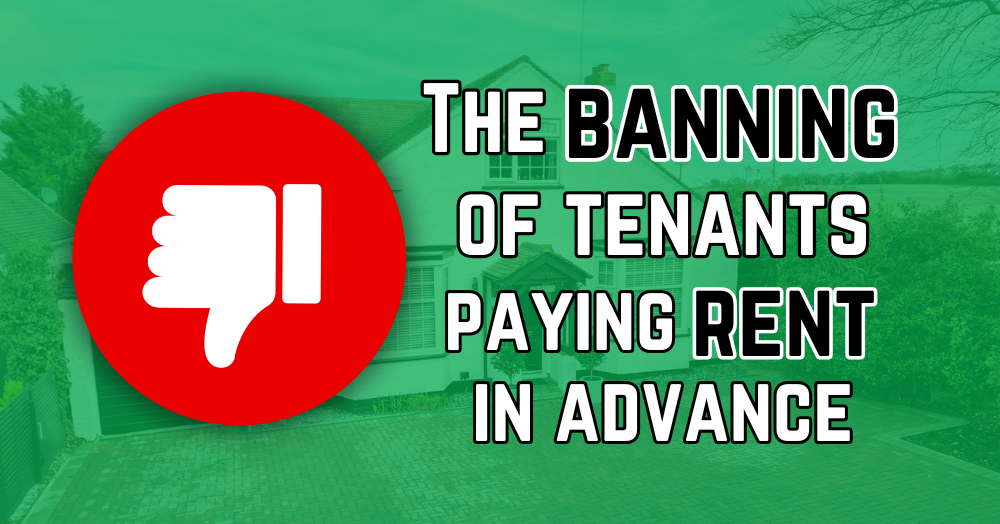
The banning of tenants paying rent in advance – the latest Renters' Rights Bill proposal 🏠💬
Restricting rent in advance was tabled days before the third reading of the Renters' Rights Bill. What was proposed, and what will its impact be? 🤔
The UK Government has proposed to ban upfront payments of more than two months’ rent in its latest amendments to the Renters' Rights Bill. Will this really help or hinder tenants? 🏡
The government has said that it is their intention to crack down on discrimination against lower-income renters by unscrupulous landlords. However, in our opinion, this proposal will end up blocking access to the private rented sector (PRS) for some tenants who really need it. ❌
Under changes in the amended version of the Bill, agents and landlords will still be able to ask tenants to pay one month’s rent upfront, alongside a deposit of up to six weeks’ rent as allowed under the Tenant Fees Act 2019. However, for a significant minority—including people with poor or no credit history, those on fixed incomes, overseas students 🌍, and self-employed tenants with changing incomes—the ability to make advance payments allows them to demonstrate their financial reliability and secure a home. ✅🏡
To enable a tenant to pass pre-tenancy referencing, they need to prove a level of income (typically 2.5 times the monthly rent) from either employment or having this amount in a bank account. 🏦📋 If that can’t be proved, the tenant would need a guarantor (a guarantor needs to earn 3 times the yearly rent!). If a prospective tenant doesn’t have this income or a guarantor, they will be asked to pay the rental amount upfront. 💳 If you remove a tenant’s ability to do this, it is unlikely that any landlord would accept the risk of renting to them as they would not be able to take out rent guarantee insurance. 🔒
In our opinion, this will potentially reduce the housing options available to financially vulnerable people instead of helping them! ⚠️
Have Questions?
If you have any queries, please do not hesitate to reach out. We are here and ready to help! 😊
📞 01474 321957
📧 lettings@mandmprop.co.uk
